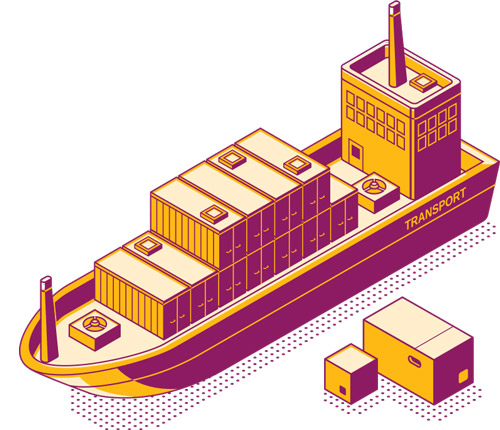Tariffs and You
Parker College of Business

Tariffs are a tax on imports and exports. Tariffs have been around a long time, and before the personal income tax came along about a century ago, they were an important way for our government to collect money needed to cover costs such as military spending.
Revolting against the British levying taxes on the colonies, the founders made the United States rather unique in that export tariffs are explicitly forbidden in the Constitution. So, American consumers can focus on import tariffs which raise the price of foreign-made goods here and hurt our local Savannah port-based economy. Long supply chains mean that the artificially high price can impact many other goods beyond the targeted good as well. With the average U.S. content of a good that says “Made in China” greater than 50%, care must be taken in applying tariffs for geopolitical purposes because they often wind up hurting Georgia workers.
Recently, the price of a washer/dryer set has increased not only because of a tariff on foreign-made sets, but also because of tariffs on inputs such as steel used on American-made sets. We tried raising tariffs across the board to high levels in 1930 to protect American workers. Other countries raised tariffs on our exports, and you know what happened to unemployment in the 1930s. So after WWII, we got together with other countries and have been trying to lower tariffs worldwide ever since with some success.
Tariffs often are seen as a “weapon” to use in a “war” with other countries that we can “win,” which is unfortunate as the evidence is clear that more international trade leads to more world peace. Not rocket science, just the economics of getting to know your neighbor a little can drastically reduce misunderstanding.
— Greg Brock, Ph.D., Professor of Economics, Dept. of Economics
